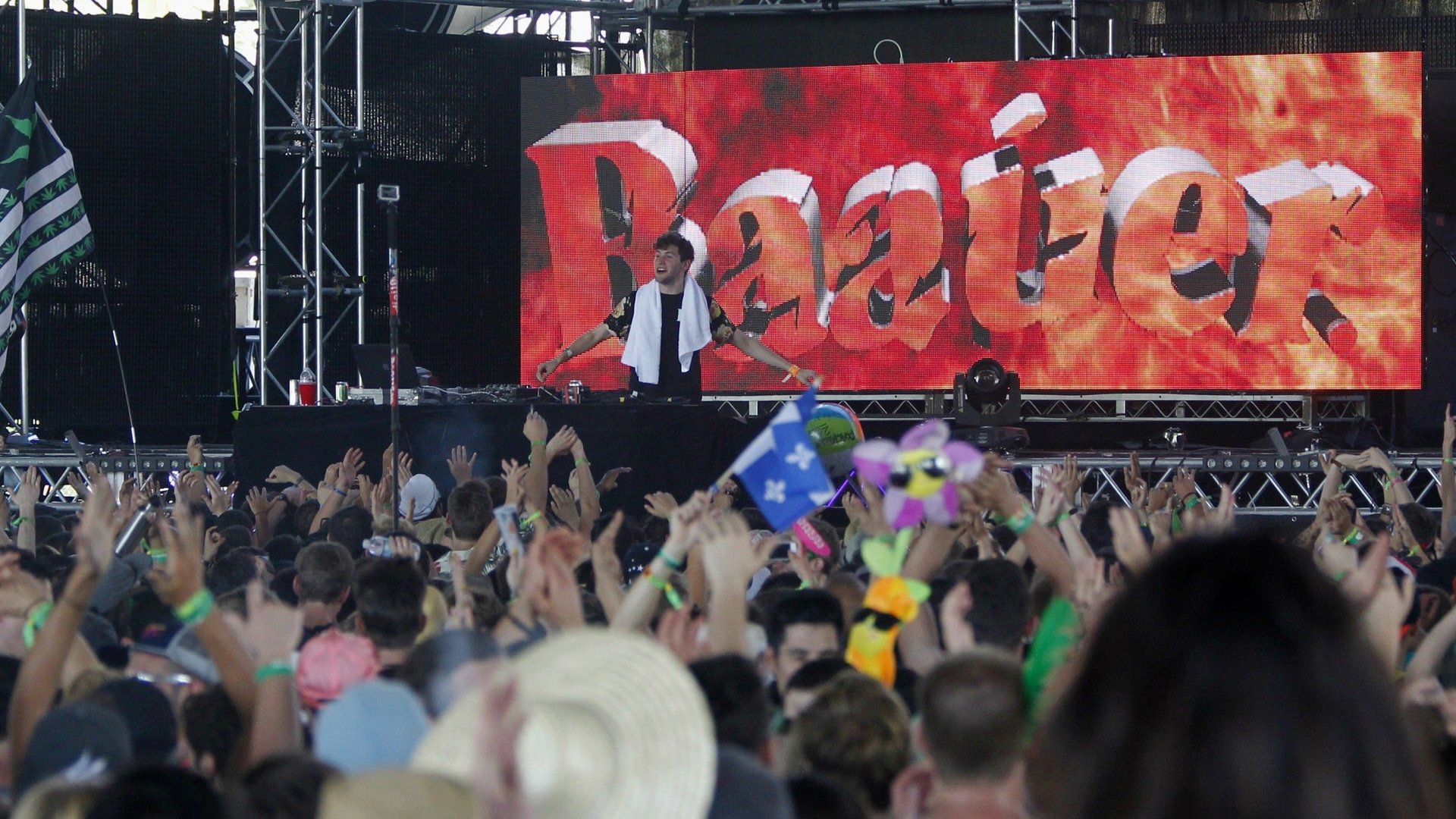Why the deejay behind the “Harlem Shake” didn’t receive a dime
Anyone who thinks we live in a world of “makers and takers” should study the story of Harry Rodrigues, better known as a deejay called “Baauer.”


Anyone who thinks we live in a world of “makers and takers” should study the story of Harry Rodrigues, better known as a deejay called “Baauer.”
His single “Harlem Shake” was a huge hit in February, made famous by thousands of DIY dance videos uploaded to YouTube. Rodrigues made the song in his bedroom. And fittingly, a college student and amateur YouTube comedian, George Miller, also known as “Filthy Frank,” made the first of the DIY dance videos in his bedroom.
Rodrigues and Miller are the makers. Standing between them and the millions of dollars the song made are the takers—not “welfare queens,” old people, and unemployed veterans, but Google, owner of YouTube; Warner Bros., who distributed the recording; Apple, who sold it via iTunes; Mad Decent, the small record label that signed Rodrigues; two other musicians, whose brief yells were sampled and included in the song; and countless lawyers and other rich executives. As the money flowed toward Rodrigues, all these people and institutions took a cut, until, in all probability, there was nothing left. This week, Rodrigues told Pitchfork magazine, “I haven’t seen any money from it.”
George Miller, without whom the “Harlem Shake” would have been obscure, then forgotten (Rodrigues admits “this song got big for no reason of mine”) was never likely to make money from his contribution. At the height of the craze, Miller used Twitter to ask Rodrigues to buy him a pizza. Rodrigues did not reply, and still does not understand that Miller made him famous. Rodrigues credits the “Harlem Shake” phenomenon to “kids in Australia,” but those kids—Corey Walsh, Jimmy Dale, Matt Stanyon, George Warrener and Oscar Mitchell, all from Caloundra—were imitating Miller.
The “Harlem Shake” is a parable of the creative economy. Makers get nothing because takers take all.